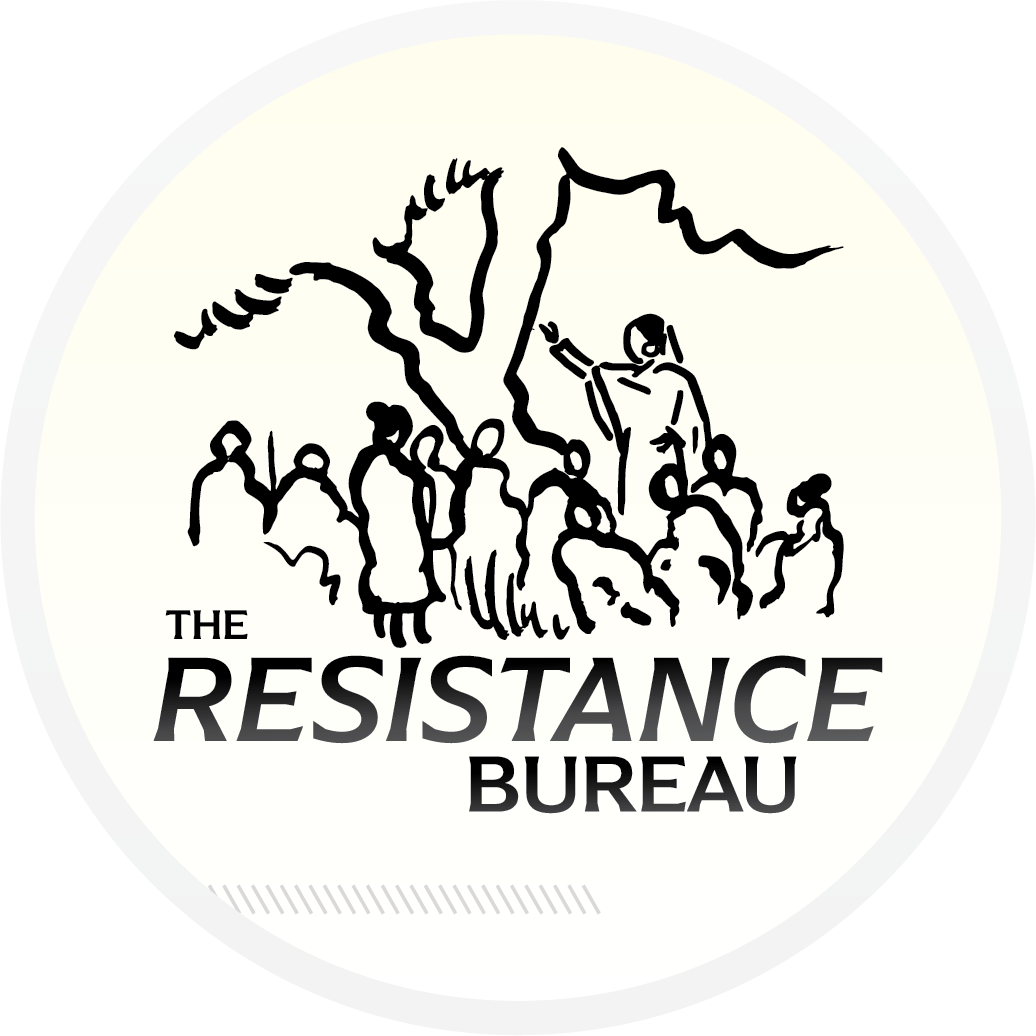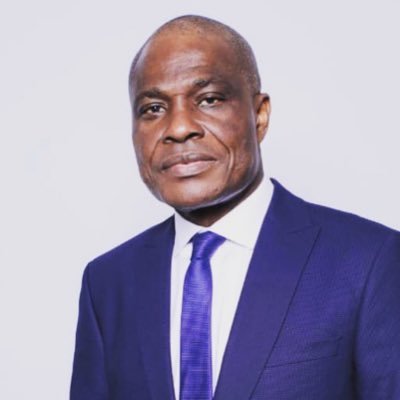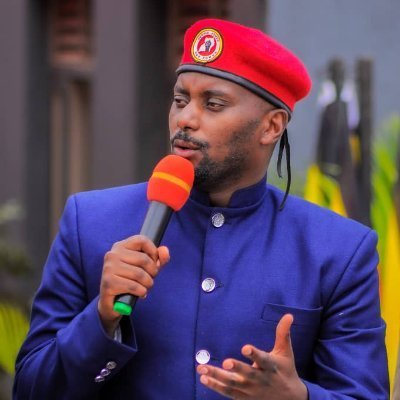How to (Not) Rig an Election: Protecting democracy through the ballot box
Today, more elections are being held than at any other time in human history. Yet democracy is in a two decades long recession, with major backsliding evident in all corners of the globe. The main reason is that authoritarian leaders have learned how to manipulate elections to stay in power. Instead of working to secure a fair process and an equal political playing field, these leaders are using regular polls as a device to merely legitimate their illiberal reign.
Recently, this has led to flawed polls across Africa, including in countries like the Democratic Republic of Congo and Angola, as well as repeated controversies across the democratic spectrum such as in Kenya and Zimbabwe.
Of course, not all elections are manipulated. In The Gambia, Nigeria, Malawi and Zambia, for example, opposition parties emerged victorious against stacked odds, even though their respective playing fields were anything but level.
In this show, we will speak to leaders who have experienced and lived through flawed elections. We will also include the voices of those who have successfully safeguarded election integrity, highlighting in this process the most effective strategies to defend democracy in Africa and beyond.
Meet our speakers
Hon. Martin Fayulu
Hon. Martin Fayulu is considered by many Congolese - and international observers - as the true winner of the 2018 DR Congo presidential election, and hence the rightful leader of his country. Following the country's December polls, data from the Catholic Church showed him as the overwhelming winner; subsequent analysis by the Financial Times, and other outlets, arrived at the same conclusion. Today, Hon. Fayulu continues to lead DR Congo's political opposition and also serves as chair of the nonprofit group, Commitment to Citizenship and Development (ECIDE), which promotes democratic culture and constitutionalism.
Âurea Mouzinho
Âurea Mouzinho is a progressive thinker and activist with deep roots in Angolan civil society and the African feminist movement. Currently, she serves as the Global Policy Advocacy and Campaigns Coordinator at the Global Alliance for Tax Justice. Based in Luanda and sought-after for her singular perspectives on Angolan politics, Âurea works at the intersection of research, movement-building, and advocacy to further democracy, economic justice and women's rights.
Laura Miti
Laura Miti is a sharp commentator on African affairs who has used her columns for independent newspapers in Zambia, and beyond, to demand accountable governance and to defend democracy. She has been at the forefront of efforts to push back against political authoritarianism, closing civic space, and to curb corruption in the management of public resources. Along with other activists, she helped to sustain democratic space under the dark years of President Edgar Lungu and helped to make possible Zambia's recent revival following a transfer of power in 2021.
David Lewis
David Lewis is a Harvard/Oxford educated attorney, law lecturer and human rights activist from Uganda, who currently serves as the Secretary General of Uganda's main pro-democracy opposition movement, the National Unity Platform (NUP). A member of the Ugandan Law Society and the East African Law Society, he has been routinely arrested and harassed for his work in the struggle for freedom and the rule of law, but continues to be among the region's leading voices for democratic reform.
Discussion
Lise Rakner
Lise Rakner is a professor of political science at the University of Bergen and respected as a powerful force for democracy within the international academic community. She has published influential research on elections and opposition politics on a number of countries, including Malawi, Uganda, Tanzania, and Zambia. In addition, her innovative Breaking BAD project seeks to understand Africa's democratic backlash, its implications, and potential remedies.
Nic Cheeseman
Nic Cheeseman is the Professor of Democracy and the Director of the Centre for Elections Democracy Accountability and Representation (CEDAR) at the University of Birmingham. As well as the author of Democracy in Africa and How to Rig an Election, he is the editor of Democracy in Africa, a columnist for Africa Today and the Mail&Guardian, a contributing editor to The Continent, and an election junkie.
Moderation
Mantate Mlotshwa
Mantate Mlotshwa is a passionate advocate for the meaningful contribution of women and youth to democracy and governance processes. The Founder of the creative brand U Motle, she has earned a reputation for speaking her mind and promoting positive messages of liberation and emancipation in Zimbabwe and beyond.
Jeffrey Smith
Jeffrey Smith is an award-winning human rights campaigner, social media influencer, and a prolific writer. He is co-creator of The Resistance Bureau and also founding director of Vanguard Africa, a global nonprofit organization that partners with visionary African leaders to build campaigns for democracy and ethical leadership.








